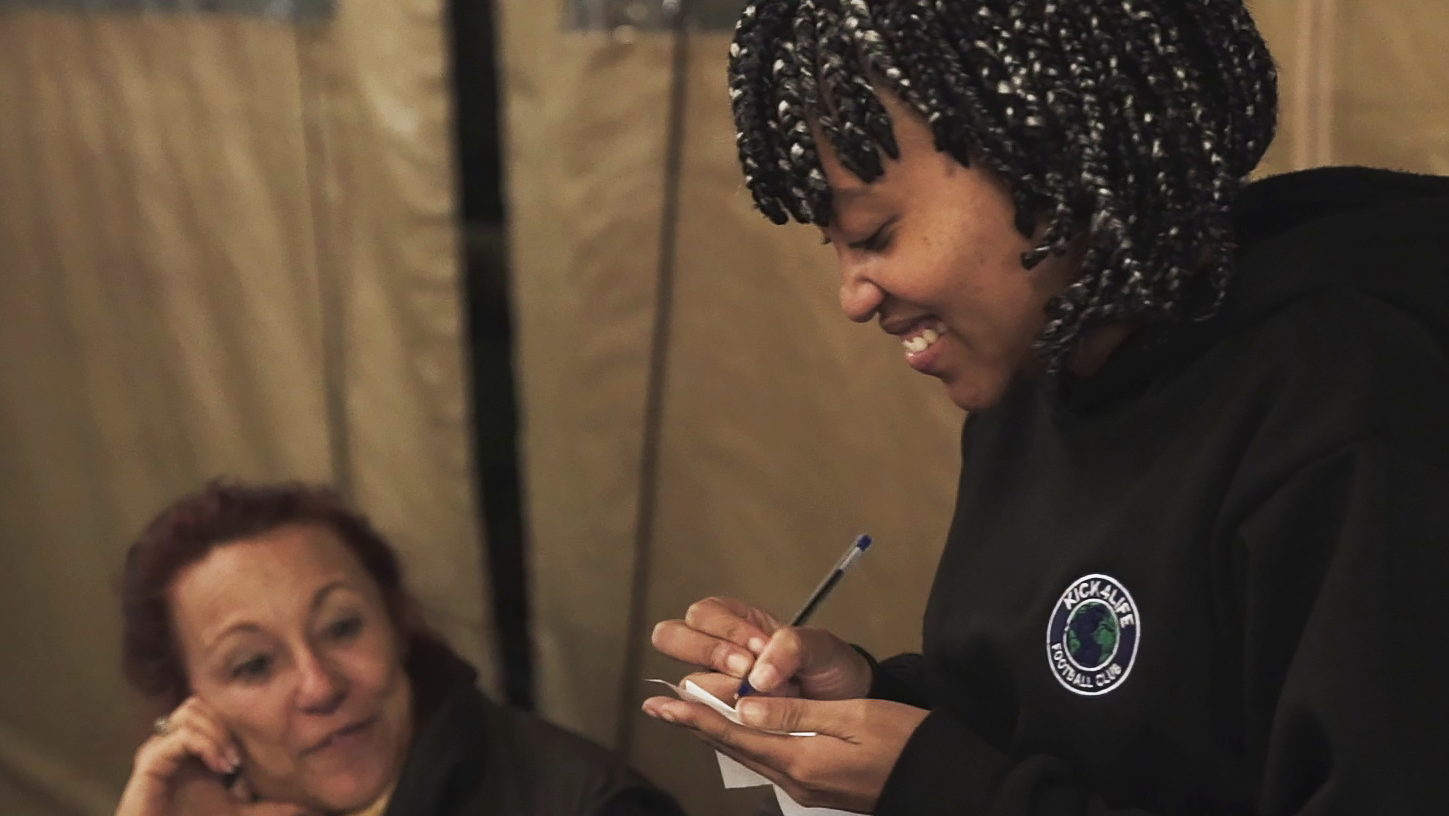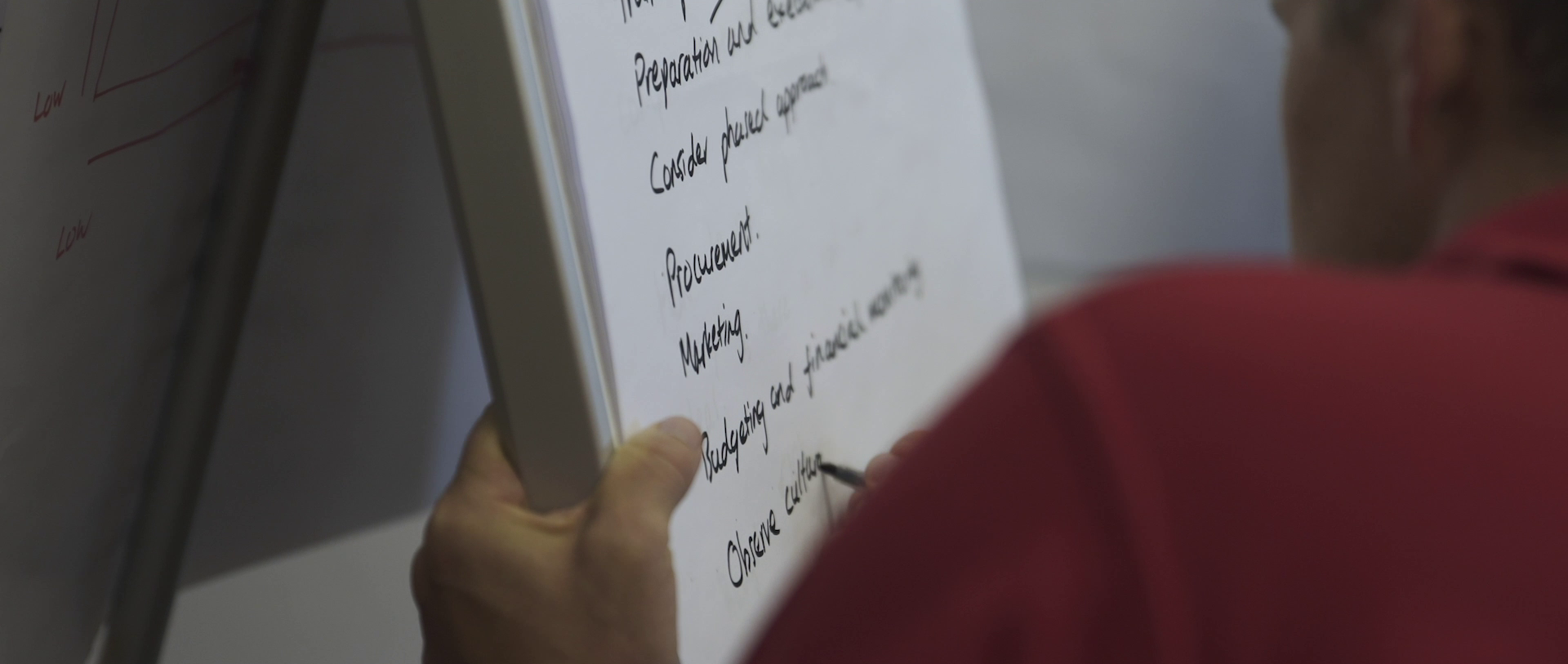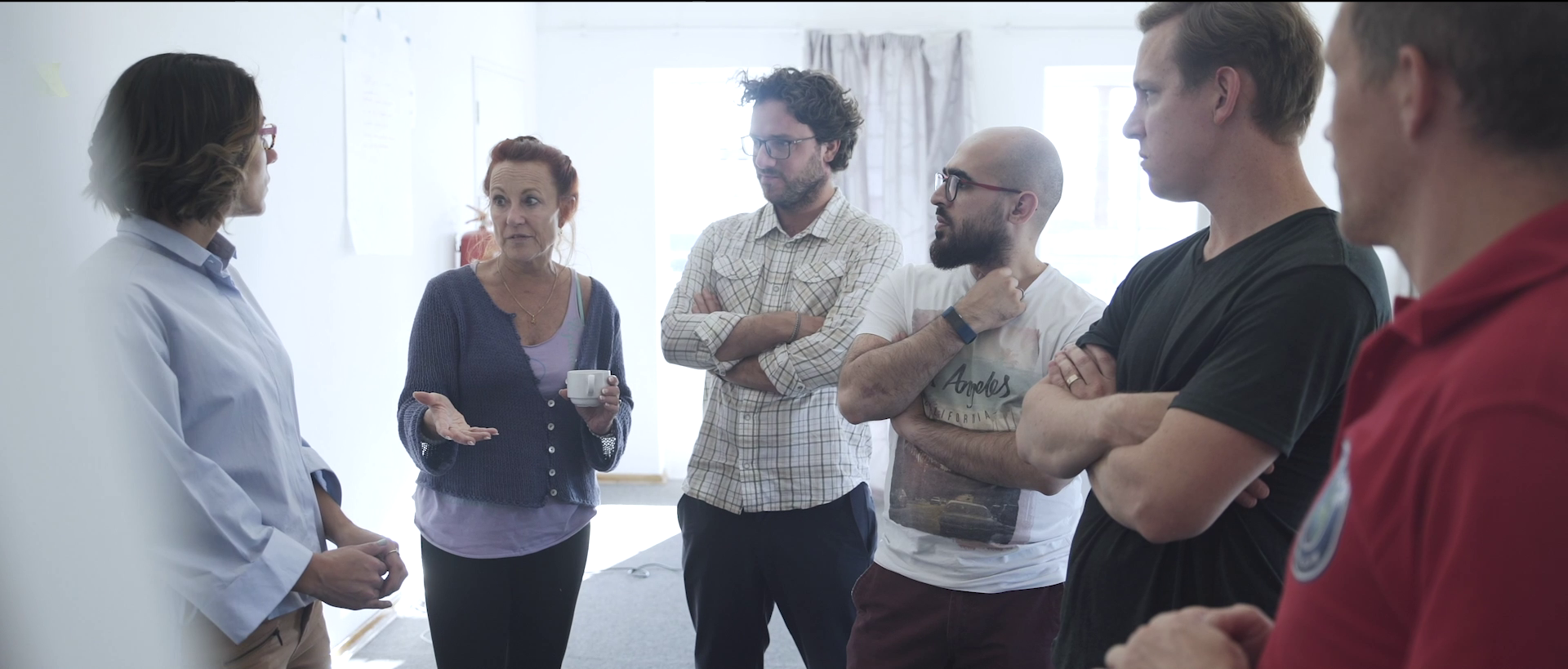Harnessing the Power of Social Enterprise in Football for Good
The Common Goal project on Social Enterprise seeks to help football for good organisations generate sustainable funding streams by setting up their own social enterprises.
For many football for good organisations around the world, raising the necessary funding often proves to be the biggest hurdle to scaling their activities and achieving their goals.
Every year, many of these organisations find themselves fighting for the financial sustainability of their programmes and adapting their agendas to the request of grants from public and private donors. In addition, heavy competition for traditional income streams pushes organisations to rethink their funding models and look for more predictable and sustainable resources.
The vision of the Common Goal Social Enterprise project is to empower community organisations with the skills and know-how to set up sustainable income mechanisms that can ensure the financial stability and continuation of their programmes: social enterprises.
Social enterprises are businesses with a social purpose. They aim to make profit but such profit is invested or donated into driving positive social impact in the community. Additionally, they can act as job creators for young people and engage in environmentally-friendly work practices.
The Common Goal project on Social Enterprise is led by Kick4Life — a football for good organisation based in Lesotho who has developed a number of successful social enterprises. The project is implemented in cooperation with four other experts in the field: Football United from Australia, Tiempo de Juego from Colombia, Sport4Life UK, and Street Soccer USA.
These organisations have wide experience in establishing successful enterprises that have a crucial return in ensuring the financial stability of their football for good programmes: restaurants, hotels, bakeries, football schools and even a smoothie bike.
“This project brings together experts in social enterprise from the streetfootballworld Network to harness their collective knowledge and experience in shaping tools and resources that can be used by other network members across the world. The goal is to improve the sustainability, and subsequently to increase the social impact, of our sector,” says Steve Fleming, founder and director of Kick4Life.
In addition to creating a sustainable income mechanisms for the organisations, social enterprises have also a positive return for the community.
Within the five years that Kick4Life has been running their social businesses, the №7 Restaurant & Conference Centre and the Kick4Life Hotel, over 50 young trainees have progressed to permanent employment.

“The good thing about the №7 Restaurant is that you don’t just work for a restaurant just like any other restaurant you find in Lesotho. It gives unemployed members of the community work and all of the proceeds go back to Kick4Life programs and projects,” says Matselane, a 24-year-old woman that is working at the N°7 Restaurant.
In the case of Tiempo de Juego, their bakery “La Jugada” not only funds local football programmes in Colombia, but also combats malnutrition among children by making and distributing healthy food and drinks to the local community.
The scope and potential of such enterprises is huge — something Kick4Life and the other partner organisations are keen to share with other organisations.
Within the field of football for good, there is a large number of other organisations that could strongly benefit from running their own social businesses and are keen to do so.
However, they often lack the necessary know-how to kick-off the process of developing a viable business model for their local markets. Throughout the Common Goal Social Enterprise project, the five organisations involved will create and launch Social Enterprise Assist, a digital consulting tool that will guide other football for good organisations through the process of developing, establishing and operating a successful social business.
The resources that Social Enterprise Assist will offer to organisations will include an ten-step online toolkit as well as tailored workshops and mentoring, which can be used remotely.
“I think it’s critically important that we build capacity for our sector as a whole to establish best practices that are going to enable us to be self-sufficient,” says Rob Cann from Street Soccer USA.

Once an organisation signs up toSocial Enterprise Assist,they are assigned a coach with a wealth of experience in setting up and running successful social enterprises from one of the five partners organisations.
The coach’s role is to mentor the organisations and help them identify opportunities to start, analyse their specific market, devise business and operational plans and financial budgets right up until the final implementation and subsequent evaluation.
The Social Enterprise Assist consultancy model is truly a global approach that will lay the foundations for significant and measurable long-term impact in the football for good field.
By establishing sustainable funding via social enterprises, these organisations can amplify their effect and extend their support to those who need it the most. By 2023 Kick4Life and its partners aim to have 80% of the streetfootballworld members running social enterprises, generating 15% of the income across the entire network.
Like every signature project supported from Common Goal’s collective fund, Social Enterprise Assist focuses on collective power to achieve social change and draws effectiveness from the collaboration of experts within the field.
Hana Taiji from Kick4Life sums it up perfectly: “There is something truly impactful about investing in a set of tools that will help others explore self-sustainability in this way.”

What is a Common Goal Signature Project?
Common Goal members pledge a minimum of 1% of their football earnings with which they can support specific organisations from a particular region or addressing a specific topic that is close to their hearts; or support Common Goal Signature Projects, which aligns several players behind high-impact initiatives that involve the expertise of several organisations.
The Common Goal Signature Projects emphasise the importance of collective power to achieve social change and draw their effectiveness from the collaboration of experts within the field.
The 2018 Common Goal Signature Projects involve 20 Common Goal members and 11 implementing organisations. The selected initiatives were: Common Goal Project on Social Enterprise and Good Menstrual Hygiene Management.
